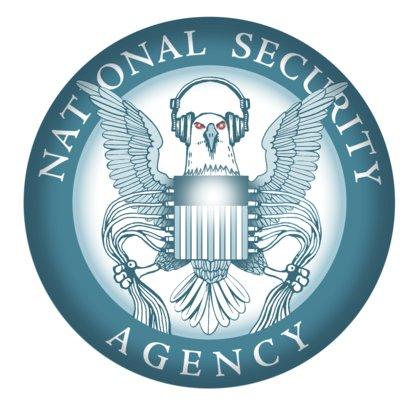Very bizarre testimony yesterday from James Comey, the deputy attorney general when Ashcroft was the AG.
The Washington Post calls it ""an account of Bush administration lawlessness so shocking it would have been unbelievable coming from a less reputable source."
In March 2004, a paper needed to be signed by AG Ashcroft to continue the controversial warrentless eavesdropping program. By that time, however, the Office of the Solicitor General had concluded that the program did not comply with the law and the Constitution.
The job of signing that paper fell to Comey, who was acting attorney general, because Ashcroft was in intensive care in the hospital. Comey refused. What happened next, according to the transcript, is bizarre:
Think about that. The President’s Chief of Staff and top legal advisor are rushing to jawbone the sedated attorney general who’s recovering from surgery into signing an important document allowing warrentless eavesdropping.
WaPo again:
Mr. Comey’s vivid depiction, worthy of a Hollywood script, showed the lengths to which the administration and the man who is now attorney general were willing to go to pursue the surveillance program. First, they tried to coerce a man in intensive care — a man so sick he had transferred the reins of power to Mr. Comey — to grant them legal approval. Having failed, they were willing to defy the conclusions of the nation’s chief law enforcement officer and pursue the surveillance without Justice’s authorization.
The dramatic details should not obscure the bottom line: the administration’s alarming willingness, championed by, among others, Vice President Cheney and his counsel, David Addington, to ignore its own lawyers. Remember, this was a Justice Department that had embraced an expansive view of the president’s inherent constitutional powers, allowing the administration to dispense with following the Foreign Intelligence Surveillance Act. Justice’s conclusions are supposed to be the final word in the executive branch about what is lawful or not, and the administration has emphasized since the warrantless wiretapping story broke that it was being done under the department’s supervision.
Now, it emerges, they were willing to override Justice if need be. That Mr. Gonzales is now in charge of the department he tried to steamroll may be most disturbing of all.
Of course, the ending we all know: Ashcroft resigned, Gonzales became AG, and the program went ahead full steam. (As The New York Times explains, Comey eventually signed the authorization, after having a frank 15 minute closed-door discussion with President Bush, where certain adjustments to the program were made).
One would hope that national policy would not be conducted in this way, where a small cabal of people could exercise such enormous influence over the state of the country. Strange and shameful.

